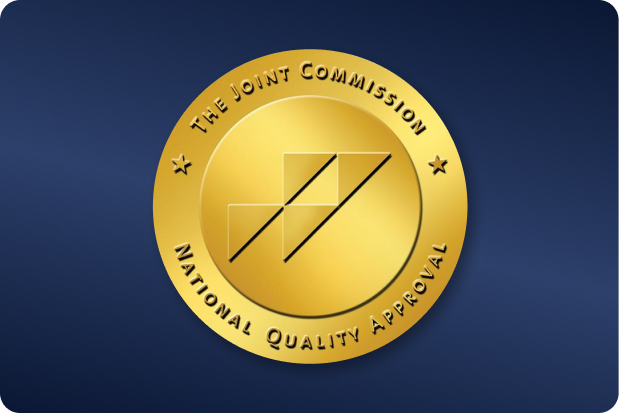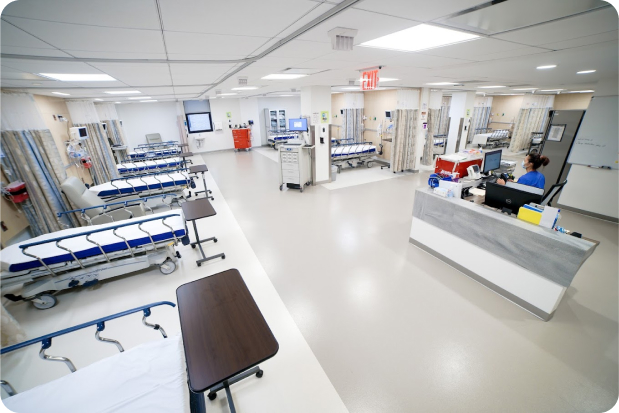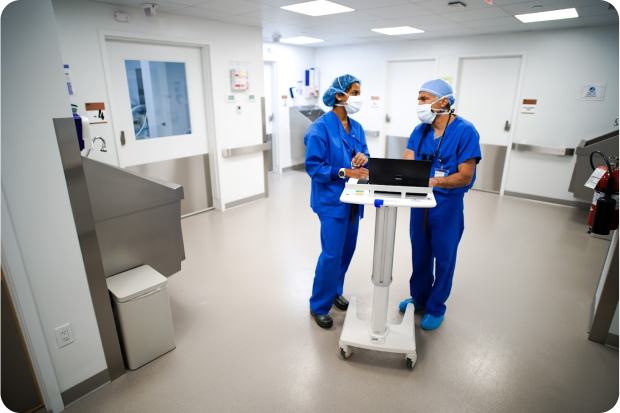 Same-day Appointments Book Online
Call to book 201.523.9590
Same-day Appointments Book Online
Call to book 201.523.9590
 Same-day Appointments Book Online
Call to book 201.523.9590
Same-day Appointments Book Online
Call to book 201.523.9590
Table of contents
A cervical disc herniation in your neck can lead to debilitating pain. While you may think that you just need to rest or do some more stretching, you may actually have a herniation that requires medical attention as soon as possible. Instead of waiting and guessing, call the experts at the Spine & Rehab Group for exceptional care in New York City and northern New Jersey. They are spine experts who quickly diagnose your condition and provide expert treatment. When you just need to take it easy, they’ll let you know, and when further treatment is necessary, you’ll get it. Call today for an evaluation.
Cervical disc herniation is a condition caused by a ruptured disc. When this occurs, the gelatinous material known as the nucleus pulpous inside a cervical disc breaks through the outer cervical disc wall. The material from the herniated disc compresses an exiting spinal nerve, called cervical radiculopathy, the spinal cord itself or both. This condition causes pain in various parts of your body, as well as other symptoms.
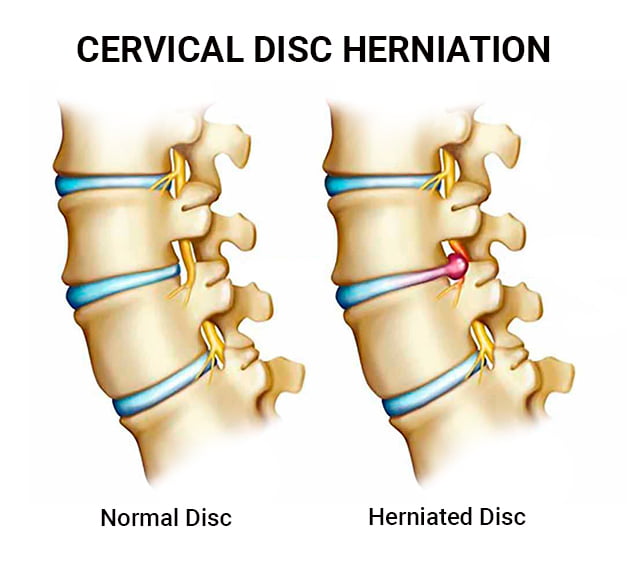
Your cervical spine provides flexibility to your neck and stability to your head. This section of your spine comprises six cervical discs lying between the vertebrae to absorb shocks. The discs facilitate movement in your neck. With age, injury or disease, a cervical disc can degenerate, leading to spinal disorders, including neck disc herniation.
The pain and other symptoms caused by a herniated disc in the cervical spine can alter your life and require urgent treatment. Dr. Amr Hosny, a board-certified spine doctor, along with his team at the New York- and New Jersey-based Spine & Rehab Group, uses advanced medical technology to ensure a correct diagnosis and targeted cervical herniated disc treatment.
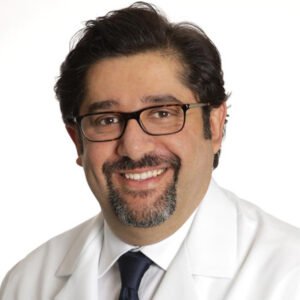 Amr Hosny, MD, MBA, FASA
Book Now
Amr Hosny, MD, MBA, FASA
Book Now
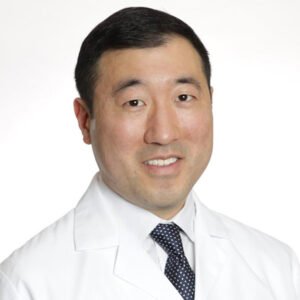 David Chu, MD, FAAPMR
Book Now
David Chu, MD, FAAPMR
Book Now
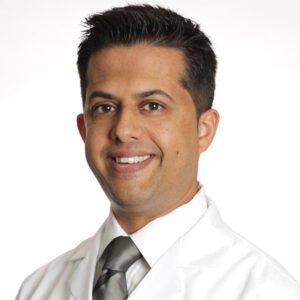 Vivek Mehta, MD, FAAPMR
Book Now
Vivek Mehta, MD, FAAPMR
Book Now
 Deepali Gupta, MD, DABA, DABPM
Book Now
Deepali Gupta, MD, DABA, DABPM
Book Now


If you’re experiencing nagging neck pain, it may be due to a herniated cervical disc. Neck pain, a debilitating health condition, affects 30 to 50 percent of adults in the country. Symptoms vary, depending on which disc ruptures and the location of the pressure from the herniated cervical disc.
Some symptoms that point to a cervical herniated disc include:
If you notice these symptoms, consult a spine specialist for a firm diagnosis. Dr. Hosny carries out a thorough examination and diagnostic tests to rule out other spinal problems, including shoulder injuries, cervical degenerative disc disease, cervical facet syndrome, or cervical slipped or bulging disc.
Related article: Silent Signs of a Herniated Disc
Every herniated disc is unique. Your spine specialist uses your medical history and reports from the diagnostic tests to pinpoint the cause of your pain.
Causes of a cervical herniated disc include:
By identifying the underlying cause of the herniated disc, your spinal doctor can offer a more effective treatment plan. The team at the Spine & Rehab Group relies on modern technology to detect the herniated disc and other medical issues.
I suffered from chronic neck pain and headaches for years caused by a herniated disc. Medications and physical therapy provided only minor relief. A neurosurgeon suggested I see Dr. Chu at The Spine and Rehab Group for radiofrequency ablation before considering surgery. Dr. Chu thoroughly explained the procedure and what to expect. On the day of my ablation, he made sure I was comfortable and talked me through each part of the treatment. The results were remarkable! My neck pain has been reduced by over 75%. Headaches are now rare instead of daily. It's been life-changing. Anyone exploring options for stubborn disc/nerve pain should see him. The Spine and Rehab Group's physicians, like Dr. Chu, excel at minimally invasive spine procedures to help patients avoid surgery. I'm incredibly grateful!
Megan H. ★★★★★My long daily commute was really aggravating the herniated disc in my back leaving me in terrible pain. I was worried I'd have to stop working since just sitting in traffic was so uncomfortable. But Dr. Hosny was able to help me make some simple changes that made a huge difference. He adjusted my car seat position and taught me targeted stretches and exercises I could do right from the driver's seat while stuck in gridlock. I was amazed that these small adjustments allowed me to commute pain-free! The Spine and Rehab Group offers such personalized care - they truly want to find the root cause of your pain. I'd recommend them to anyone, especially those with back issues aggravated by long commutes or sitting jobs. Thanks to Dr. Hosny's expertise, I'm pain-free even when driving in heavy traffic!
Wuttipat C.Some factors increase your vulnerability to neck disc herniation. Learning these factors can help you protect yourself from this debilitating spine condition.
The risk factors for cervical disc herniation include:
The spinal medicine team at the New York and New Jersey spine clinics helps you understand the causes and risk factors as part of their treatment plan. Find the office nearest you.
The best treatment for herniated cervical disc restores function to your neck and back, allowing you to live a pain-free life. An early diagnosis helps you get effective treatment and improves the quality of your life. Your spine doctor can combine non-surgical treatment for cervical herniated disc with surgical options in the case of a severe cervical herniated disc.
Treatment options for a herniated cervical disc include:
Read more: Can Physical Therapy Resolve Herniated Disc Pain?
If you’re suffering from debilitating neck and shoulder pain, it’s time to get a long-term solution. If you’re in New York City, contact the Spine & Rehab Group doctors in the Financial District, Greenwich Village or Midtown Manhattan. In New Jersey, contact the team in Paramus, Riverdale, Englewood Cliffs, Cranford, or East Brunswick. At the first sign of discomfort, contact Spine & Rehab Group for an evaluation to prevent further complications.
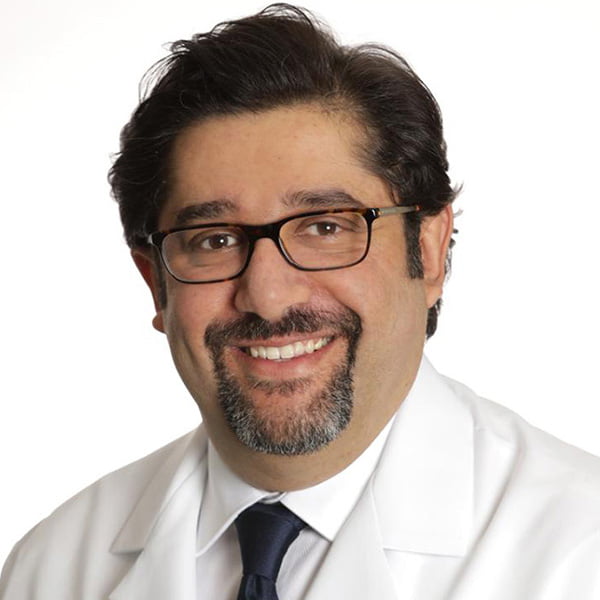
Dr. Hosny is a distinguished physician, educator, and healthcare leader with a commitment to advancing health equity and accessibility in the rapidly evolving landscape of modern healthcare. After completing his residency at St. Luke's Roosevelt Hospital Center, affiliated with Columbia University in New York City, he pursued an Interventional Spine Fellowship at Beth Israel Deaconess Medical Center, part of Harvard Medical School in Boston, MA.
Dr. Hosny has held prominent roles in academic medicine, including serving as an Associate Clinical Professor at New York Medical College and as the Interventional Spine Fellowship Program Director. These positions reflect his dedication to mentoring the next generation of healthcare professionals and advancing the field of interventional spine care.
More About Dr. HosnyThe Spine & Rehab Group
140 NJ-17,
Paramus, NJ 07652
(212) 242-8160
